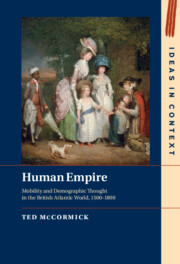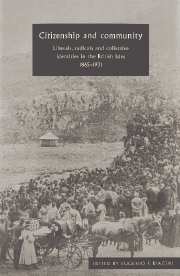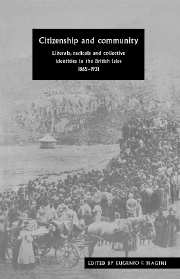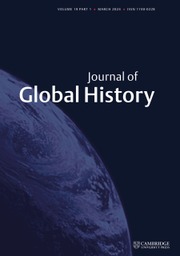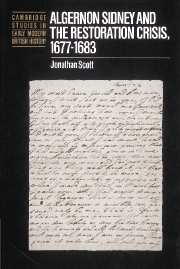When the Waves Ruled Britannia
How did a rural and agrarian English society transform itself into a mercantile and maritime state? What role was played by war and the need for military security? How did geographical ideas inform the construction of English – and then British – political identities? Focusing upon the deployment of geographical imagery and arguments for political purposes, Jonathan Scott's ambitious and interdisciplinary study traces the development of the idea of Britain as an island nation, state and then empire from 1500 to 1800, through literature, philosophy, history, geography and travel writing. One argument advanced in the process concerns the maritime origins, nature and consequences of the English revolution. This is the first general study to examine changing geographical languages in early modern British politics, in an imperial, European and global context. Offering a new perspective on the nature of early modern Britain, it will be essential reading for students and scholars of the period.
- This is a wide-ranging and interdisciplinary study, drawing on primary sources across the spectrum of history, geography, literary criticism and politics
- Sheds new light on the geographical content of early modern British political thought
- Thematic, transnational and global approach, linking England, Europe, the Atlantic and the Pacific
Reviews & endorsements
"Witty, allusive, dancing lightly away from formal argument or ponderous conclusions, it evokes an atmosphere rather than developing a thesis … The range and quantity of material which has been drawn on is remarkable, and it will undoubtedly inspire many readers to read and think more widely about the subjects it touches on."
Times Literary Supplement
"Recommended."
Choice
"When the Waves Ruled Britannia provides an excellent survey of the ways in which concepts of insularity and of the sea factored into early modern British political thought … a major addition to the study of historical geography and to the history of political ideas, and it also represents a significant step forward in historicizing questions of English and British identity in the early modern period."
Tristan Stein, H-Net Reviews
"This is a very good book. By turns both analytical and funny, serious and engaging, general and personal, learned and allusively creative, each page reveals another facet of Britain’s long relationship with the surrounding oceans … Jonathan Scott, who has made his name as a historian of seventeenth-century ideas, has now set out to delineate just how the waters flowing through Britons’ imaginations affected how they saw themselves and their state. The result will fascinate students and their professors alike."
Glen O’Hara, Journal of British Studies
"When the Waves Ruled Britannia extends Scott’s interest and expertise
in this era by focusing on theorists and annalists who used geographical
language for political ends."
Kenneth Morgan, Journal of Interdisciplinary History
"… a very thoughtful, and humorous, guide."
Ian K. Steele, International Journal of Maritime History
"So much nonsense has been written about British insularity that Jonathan Scott’s book comes as a welcome antidote … He brings to his study a wealth of knowledge about the literature of the seas, exploration and travel accounts, cartography, geography, early marine science, sea fictions, and even the art of seascape … a very welcome addition to a growing British historiography that is less landlocked and parochial and much more relevant to this global era."
John R. Gillis, American Historical Review
"In this book Scott highlights the geographical component of early modern British political thought and the geographical articulation of its political identity."
Matthew Neufeld, Canadian Journal of History
Product details
March 2011Paperback
9780521152419
236 pages
229 × 152 × 11 mm
0.39kg
2 b/w illus. 7 maps
Available
Table of Contents
- Introduction: Britain's island idea
- 1. Community of water
- 2. Queen of Sparta
- 3. The discipline of the sea
- 4. Ark of war
- 5. Blowing a dead coal
- 6. The British Empire in Europe
- 7. The world in an island
- 8. Anticontinentalism
- 9. What continent?
- Conclusion: floating islands.


